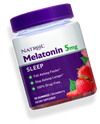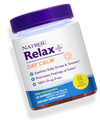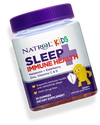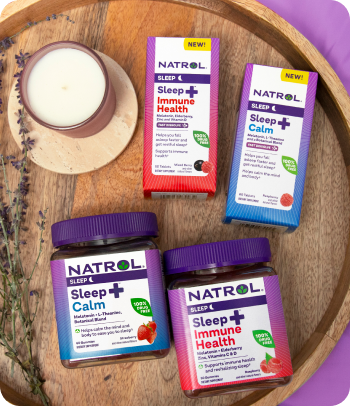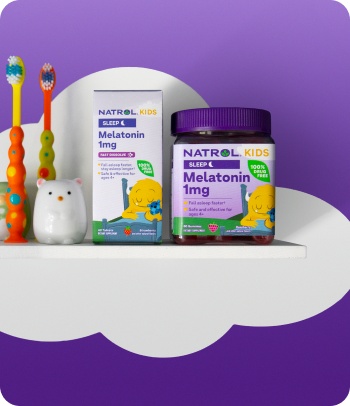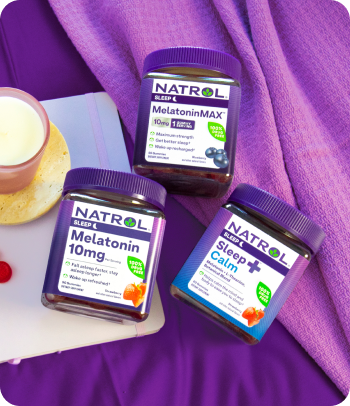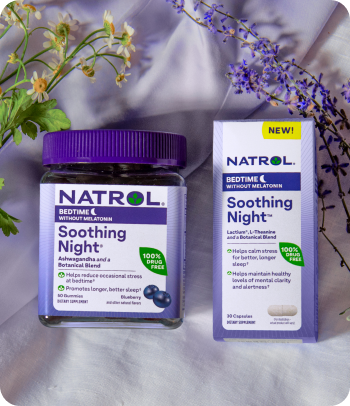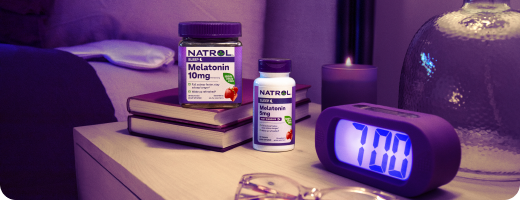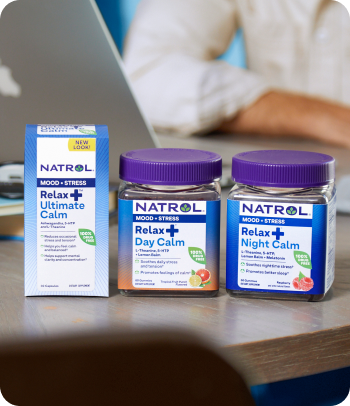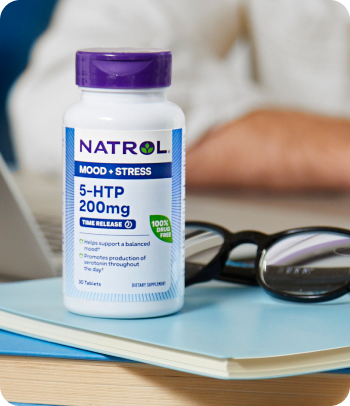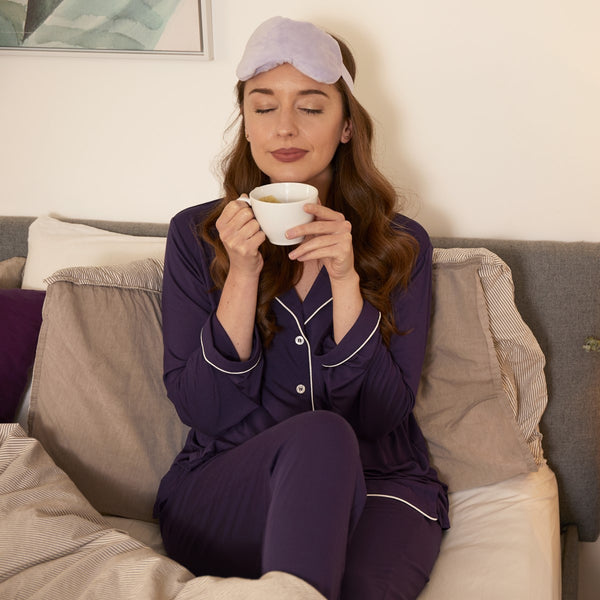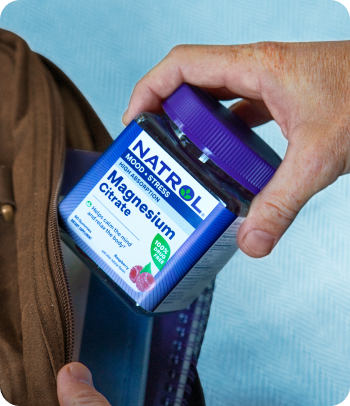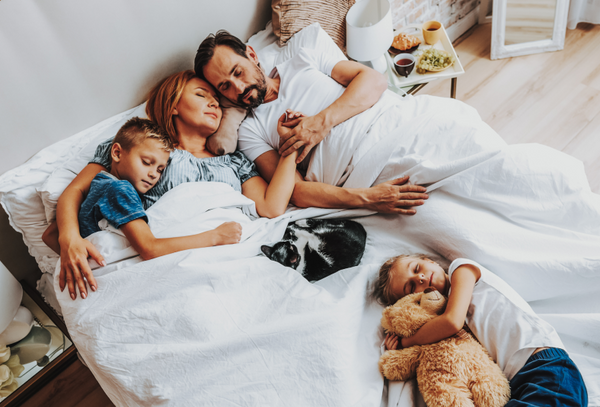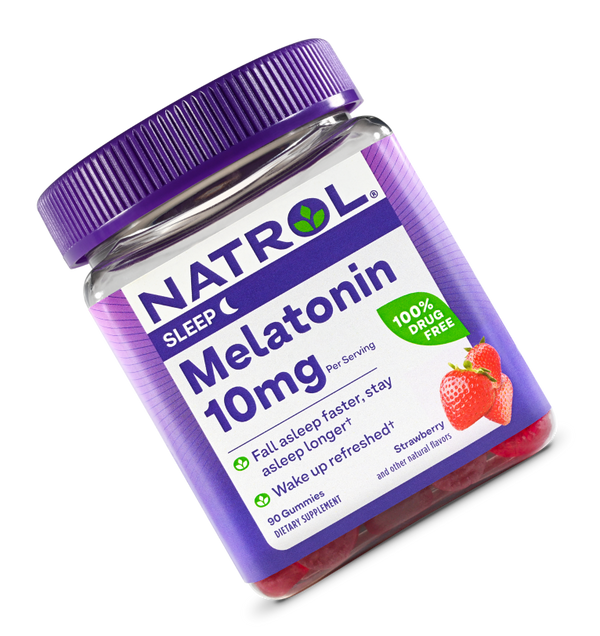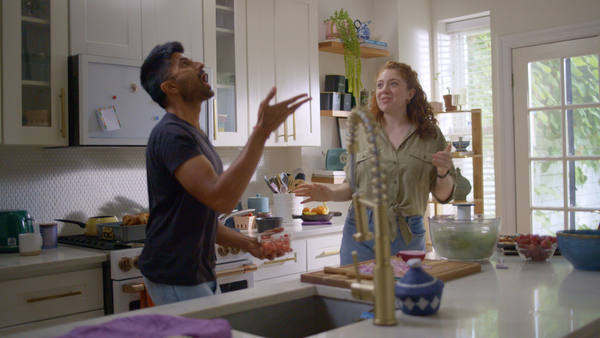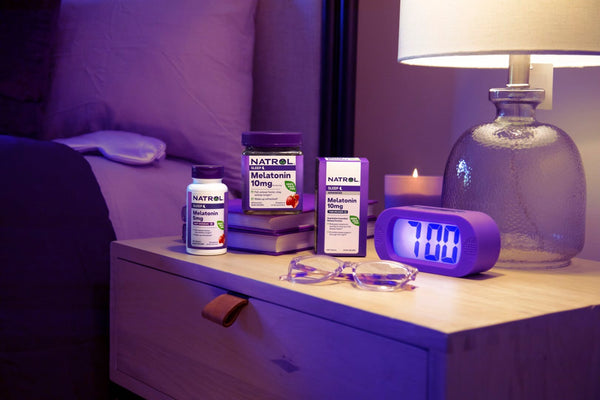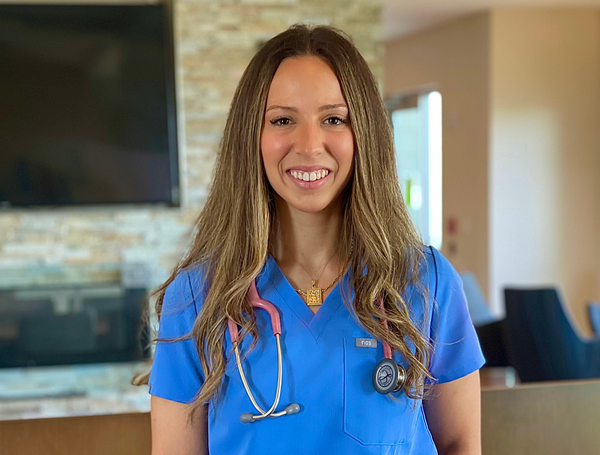According to a study conducted by the National Sleep Foundation, "95% of Americans utilize some form of electronic device (television, tablet, phone, etc.) before bed." After reading these statistics, it doesn't take a rocket scientist to figure out the effect electronics and blue light are having on our sleep.
Long before iPads came into our lives our only source for light was during the day from the sun, while nights were spent in darkness and rest. Fast forward to 2016 - the fluorescent screens we are all guilty of spending too much time on introduced what scientists have now defined as artificial light, or "Blue Light."
What is Blue Light?
Blue light is a segment of the visible light spectrum that can have effects on sleep cycles, alertness, and even hormone production. This particular wavelength of light is emitted by LED and fluorescent lights, as well as many common electronic devices.
How Does Blue Light Affect Sleep?
"Artificial light exposure between dusk and the time we go to bed at night suppresses release of the sleep-promoting hormone melatonin, enhances alertness and shifts circadian rhythms to a later hour making it more difficult to fall asleep," says Charles Czeisler, PhD, MD, Harvard Medical School and Brigham and Women's Hospital.
These sleeping difficulties can create anything from snoring, waking in the night, waking up too early, or feeling unrefreshed when getting up in the morning.
Furthermore, while late-at-night light is believed to be disruptive, "interactive" activities, such as the use of social media or video games, are even more harmful than the "passive" activities, such as television and music.
It's not all lost. The American Sleep Foundation has offered a few solutions to help improve your sleep.
4 Tips to Improve Sleep:
- Set a sleep schedule. Go to bed and wake up at the same time every day, even on weekends.
- Expose yourself to bright light in the morning and avoid it at night. Exposure to bright morning light energizes us and prepares us for a productive day. Alternatively, dim your lights when it's close to bedtime.
- Treat your bed as your sanctuary from the stresses of the day. If you find yourself still lying awake after 20 minutes or so, get up and do something relaxing in dim light until you are sleepy.
- Establish a relaxing bedtime routine. Allow enough time to wind down and relax before going to bed.
So remember: Send your tweets before you get between the sheets.

